10 Cancelled Games we Wish Had Seen the Light of Day
This form is protected by reCAPTCHA - the Google Privacy Policy and Terms of Service apply.
Don't have an account?
Creating an account has many benefits: check out faster, keep more than one address, track orders and more.

Words: Don Spencer
As consumers, it's easy to look past the incredible amount of blood, sweat and tears developers put into bringing our favourite games to life.
In truth, game development requires a delicate concoction of elements to be successful, and sometimes it just doesn't happen. Technology moves so fast nowadays that developers sometimes fall behind the curve before completion, sometimes business acquisition forces projects onto the sidelines and sometimes the board of directors simply do not deem the game a worthy pursuit.
This week alone, the devs over at Ubisoft have announced the cancellation of 3 games as well as the delay of new pirate adventure Skull and Bones, saying they are “facing major challenges as the industry continues to shift towards mega-brands and long-lasting titles than can reach players across the globe, across platforms and business models”.
Today we take a look at 10 cancelled games we would love to have seen brought to life.
1. Agent (Rockstar Games)
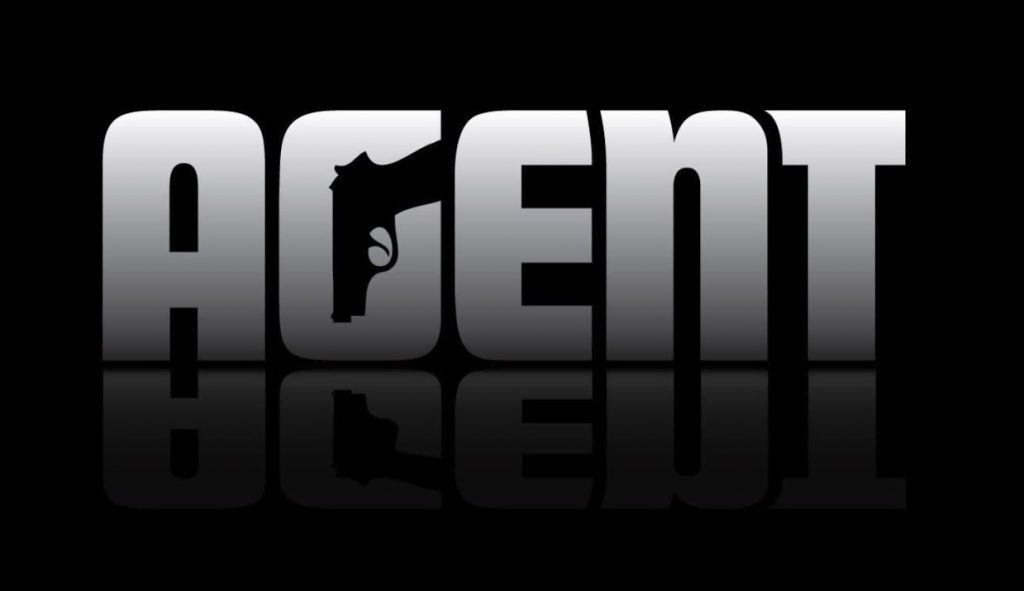
Rockstar have brought no shortage of amazing games in the last twenty years (although we wish they'd hurry up with GTA 6). That said, there is one title we were particularly sad to see abandoned. Originally teased in 2007 and officially announced in 2009, Agent was described by Rockstar North as a cold war stealth game that would ''take players into the world of counter-intelligence, espionage and political assassinations.''
Originally penned for release exclusively on the PlayStation 3, Agent promised great things. Parent company Take-Two Interactive said the title would be ''genre defining'' and would establish a new standard in next gen gaming. Few other details were revealed about the setting but it was confirmed that it would be set in the late 1970's amidst the backdrop of the Cold War.
Whilst Agent was never officially announced as being canned, it has had no real updates since its announcement and is now delisted from Rockstar's website. With other much anticipated projects in the works, we suspect we will never see Agent, unless the real stealth action was the release of Agent all along...
2. Doom 4 (id Software)
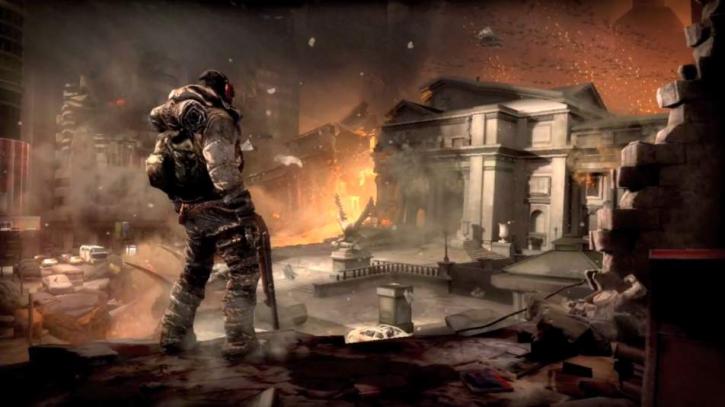
Now, we're well aware that the Doom franchise was rebooted in all it's blood splattering glory in 2016, and has gone on to become as well revered as its predecessors. However, we must not forget the unfulfilled promise of Doom 4.
Doom 4 was originally announced in August 2007, with a view to bring ''the next installment of our flagship franchise to Earth'' said id Software. The game was set to see the player join a resistance movement against invading monsters on earth, which would have been interesting given the lone-wolf focus of the usual Doom formula.
Indeed, it would have been refreshing to see Doom bring about an earth based setting to the series, but reasons for the cancellation/reworking of the game were understandable, with then studio director Tim Willits saying:
''It wasn’t like the art was bad, or the programming was bad. Every game has a soul. Every game has a spirit. When you played Rage, you got the spirit. And [Doom] did not have the spirit, it did not have the soul, it didn’t have a personality. It had a bit of schizophrenia, a little bit of an identity crisis. It didn’t have the passion and soul of what an id game is. Everyone knows the feeling of Doom, but it’s very hard to articulate.''
3. Fable Legends
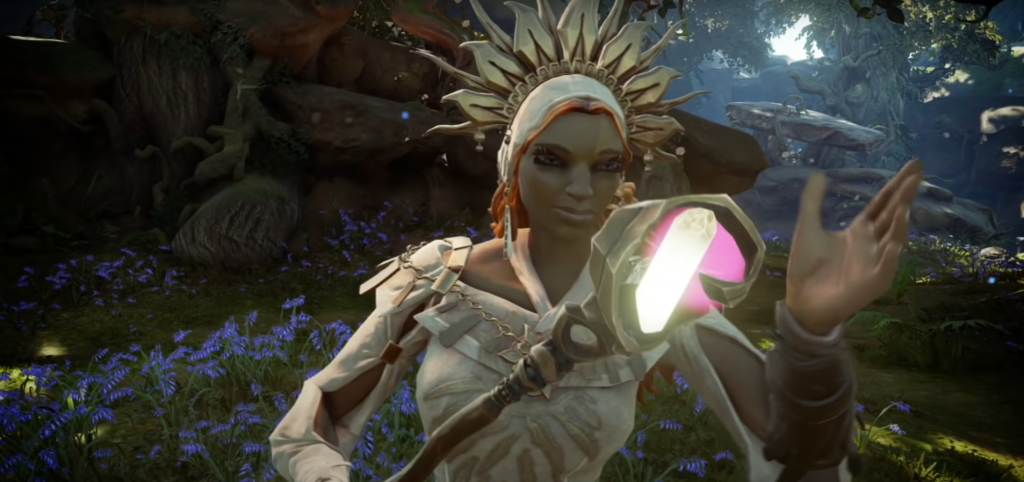
The Xbox One had a bit of a rocky launch, to say the least. Fable Legends was a much anticipated exclusive that cost Xbox Studios somewhere in the region of $75 million, making it one of the most expensive cancelled games in history.
Fable Legends was a co-operative spin on the fantasy RPG series that would have been set 400 years before the original series. The format of the game was around four heroes and a villian, starting in the city of Brightlodge and expanding into the wider world in the form of quests, the difficulty of which could be dictated by the player. Fable Legends also incorporated the Xbox Smart Glass (now simply Xbox app) feature for planning the quests.
The reasons for canning Legends is polarising, some say it was due to poor level design and discordance between devs on how to incorporate camera angles, potions and player movement. Others say that due to missing the original 2015 release window, the game had already missed its opportunity for maximum player retention. Most likely, Fable Legend's Free to Play model was entering a saturated market, and would not yield a worthwhile amount of revenue given its production cost.
Thankfully, the Fable series is being rebooted and is expected to launch on PC and Xbox Series X/S in the next couple of years.
4. Batman: The Dark Knight (Pandemic Studios)
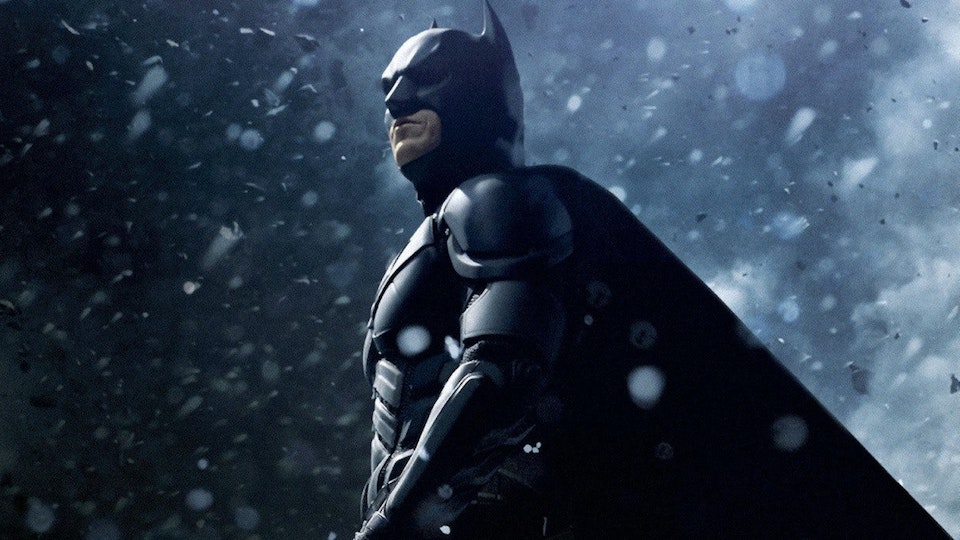
With the phenomenal success of the Batman Arkham series, gamers have no shortage of Batman games to sink hundreds of hours of playtime into. Nonetheless, a film based around the events of Christopher Nolan's movie masterpiece would have certainly been interesting.
Granted, movie tie ins started to die out around the time The Dark Knight's release, perhaps with good reason. Batman Begins' (2005) video game counterpart did not reach the heights of it's cinematic source material, but the follow up had promised to incorporate open world mechanics alongside the movie cast reprising their voice and likeness roles. It would have been truly amazing to see Heath Ledger's joker step into the game world.
The game was developed in secret, and Officer Gordon actor Gary Oldman accidentally let slip that it was in progress - the resulting news coverage of which put considerable pressure on the team to finish in time for the movie release.
Alongside this, the game itself was perhaps overly ambitious for rendering the scale of Gotham City that was intended and the use of the Odin Engine was overestimated in terms of its capability. The movie also changed a lot over the course of its development, so access to original scripts and character models were only ever a guideline. This cocktail of logistical nightmares meant Batman: The Dark Knight never hit the shelves...
For your Batman gaming fix, check out the Arkham collection on Steam
5. Prey 2 (3D Realms)
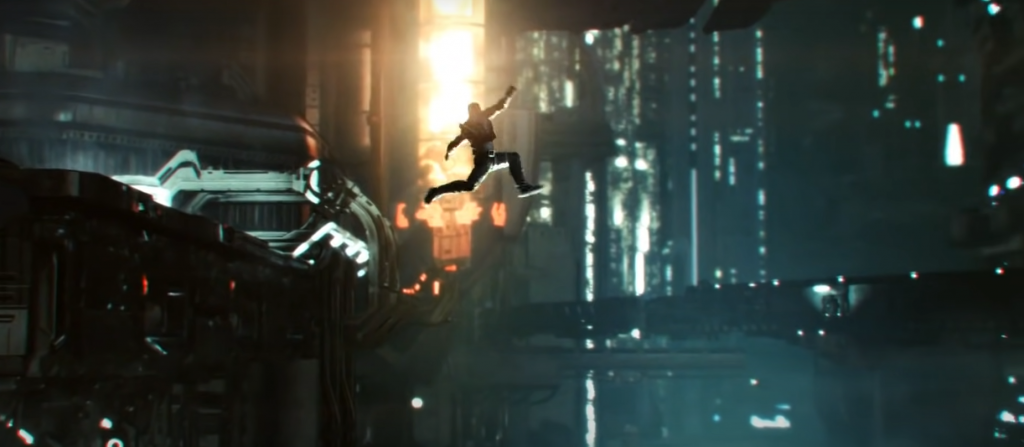
Despite a very reasonable but mostly unrelated reboot in 2017, many fans were disappointed to miss out on the follow up to 2006's Prey. Announced just after the release of the first critically acclaimed FPS game, Prey 2 looked to switch to a new protagonist instead of Tommy from the previous instalment.
Prey 2 and its blockbuster trailer focused on U.S. Marshal turned bounty hunter Killian Samuels running down targets through the vast alien vistas and clustered alleyways of Exodus. The reasons for the game being put to rest was simply that is wasn't moving in the direction the developers had aspired to. Understandable, but it would have been great to see the open world direction that the game had indicated towards as well as an enhanced moral choice system. Well, at least we got an amazing trailer.
Check out Bethesda's Prey (2017)
6. Tom Clancy's Rainbow Six: Patriots (Ubisoft Montreal)
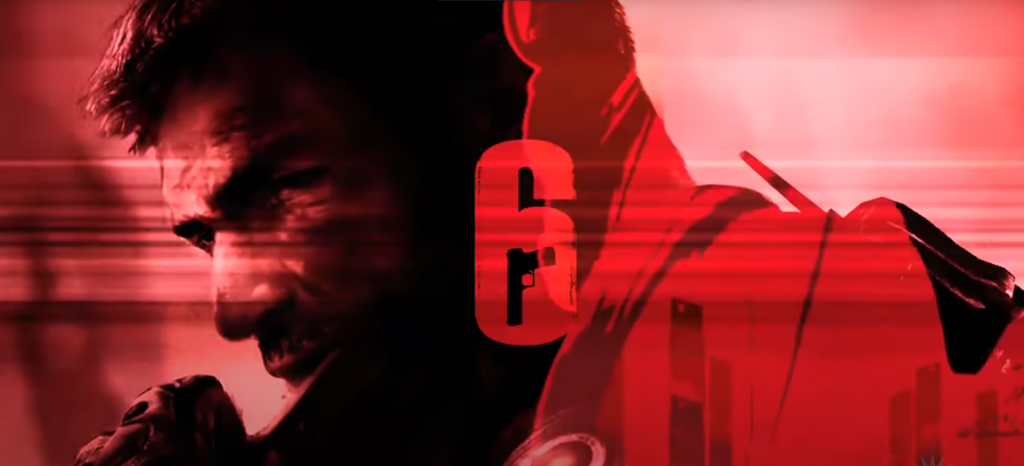
The Tom Clancy series has brought us some of the most intense tactical shooters in gaming history. And we REALLY miss the single player aspect of the series showcased in blockbuster titles such as Rainbow Six: Vegas 1 and 2. Tom Clancy's Rainbow Six: Patriots looked to finally close the 5 year gap since Vegas 2 (2008).
The premise for this instalment was Team Rainbow being called to New York to deal with a new terror threat - ''True Patriots''- a militia group set on avenging those who suffered under Wall Street Corruption. New York and its towering skyscrapers looked to be a perfect setting for rappelling down buildings and breaking through windows in classic Team Rainbow style. An opening segment of the game was revealed by Ubisoft in 2011 in fears that it had been compromised and could leaked by another source.
A really promising aspect of Patriots was the branching, choice based storyline that had become popular in recent years. The format of this game would have been perfect for making split-second moral and ethical decisions.
A year before release, four of the principal developers were removed from the team which caused significant disruption, and in 2013 it was announced that the now legendary Rainbow Six Siege would be it's replacement.
Siege is best played at high frame rates for the tactical advantage - make sure your monitor is ready with Fierce PC's visual range
7. Scalebound (PlatinumGames)
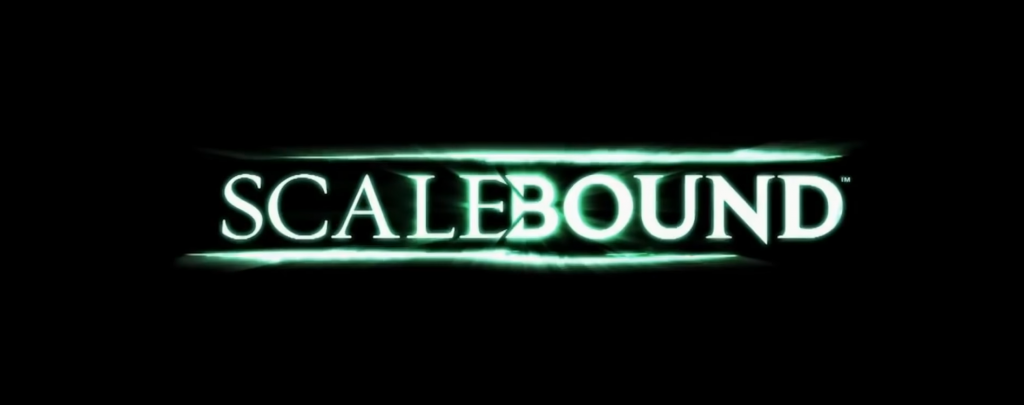
As far as action RPG's go, Scalebound looked to be one of the most promising releases of the 2010's. Announced during 2014's E3 conference, Scalebound and its trailers pointed to an epic and treacherous venture in the land of Draconis, where the player would encounter terrifying beasts and develop a relationship with their companion dragon.
The open world was based mostly on earthly landscapes, but partially formed by a giant mushroom that gave life to the creatures that inhabited it. Scalebound had many classic RPG elements like a point levelling up system, armour system and a non-linear explorative element. What made Scalebound so enticing being able to customise your dragon companion, Thuban. The title was also set to have a four player co-operative mode.
Rumours had circulated that PlatinumGames had misappropriated funds for other projects, but last month it was confirmed by director Hideki Kamiya that the lack of familiarity with Unreal Engine caused the cancellation. There may well be talks of reviving the project, as new CEO Atsushi Inaba wants to have a ''proper discussion with Microsoft'' about continuing work on it.
8. Eight Days (London Studio)
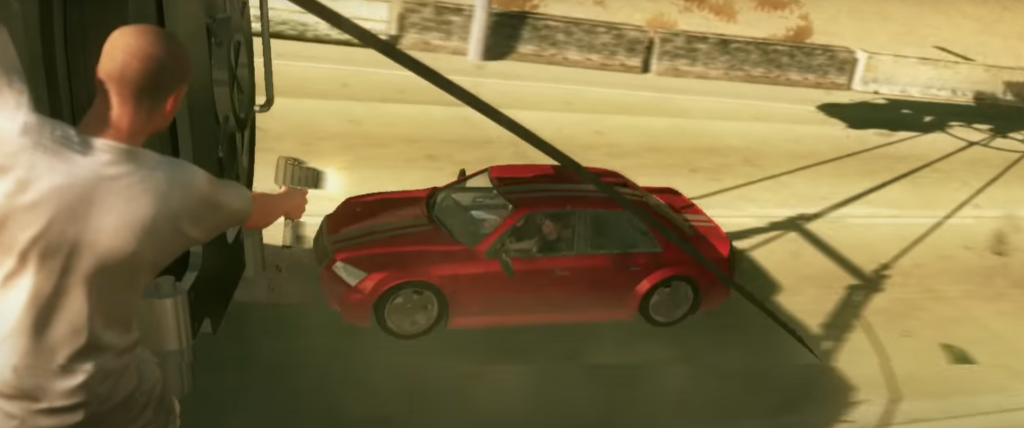
The E3 2005 trailer for action video game 8 Days may look like it's being run on a potato now, but at the time it was a showcase of next gen potential. The concept for 8 days was a crime story set across eight different states over an 8 day period, making it the largest game world in history at the time. The project was unique in that it had a real time clock that corresponded to the real world i.e. if you want to play at 5am in the game you need to be setting your real life alarm very early!
8 days offered two paths, a 'good guy path' which saw you take on the role of a detective looking for his son who has been kidnapped by a syndicate, or the 'bad guy' path where you seek revenge on said syndicate. Either way, the two characters cross paths and end up working together.
8 days was sadly put on hold due to it lacking on online mode, a model which Sony were heavily focused on at the time. Whilst technically still on hold, it is unlikely we will see this game come to fruition - but the concept was genuinely thrilling.
9. Dirty Harry (The Collective)
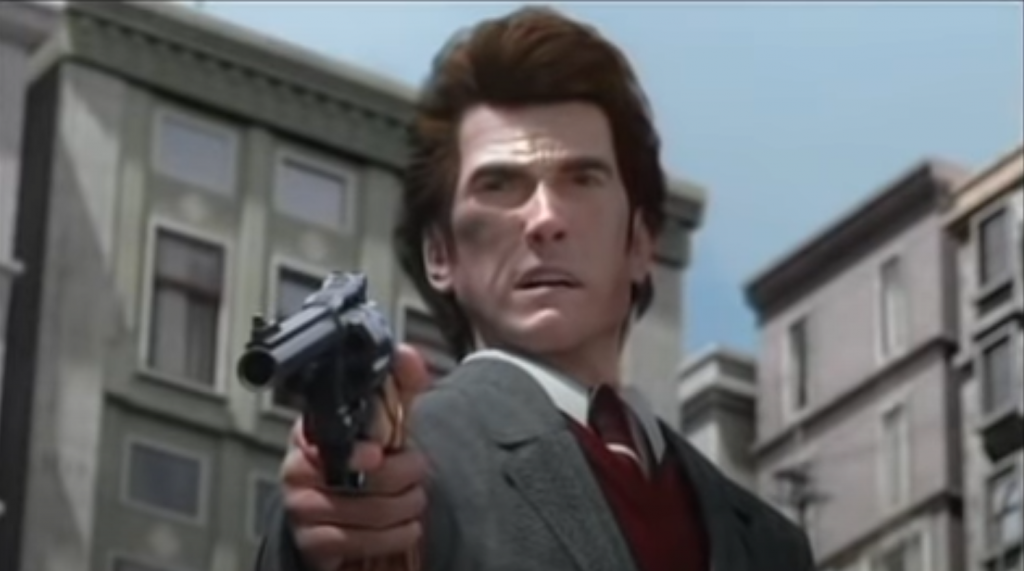
With the release of gangster thriller gaming adaptations such as The Godfather and Scarface in the mid 2000's, the market was rife for a Dirty Harry game. Not only that, but the man himself Clint Eastwood had agreed to lend his (somewhat younger) likeness to the game. After all, who wouldn't want to relive the classic one liners like ''Go ahead. Make my day.''
The Xbox 360/PS3 project looked to create a narrative set between the films Dirty Harry (1971) and Magnum Force (1973) focusing on the hunt for a serial killer named Scorpio in presumably open world San-Francisco. Dirty Harry would also give the player the choice between good cop/bad cop actions.
Sadly, it wasn't to be. Publishers Warner Bros decided in 2007 that the game was not reflective of their vision and that it simply ''wasn't very good.''
For a great police officer based game, check out L.A. Noire.
10. Mega-Man Universe (Capcom)
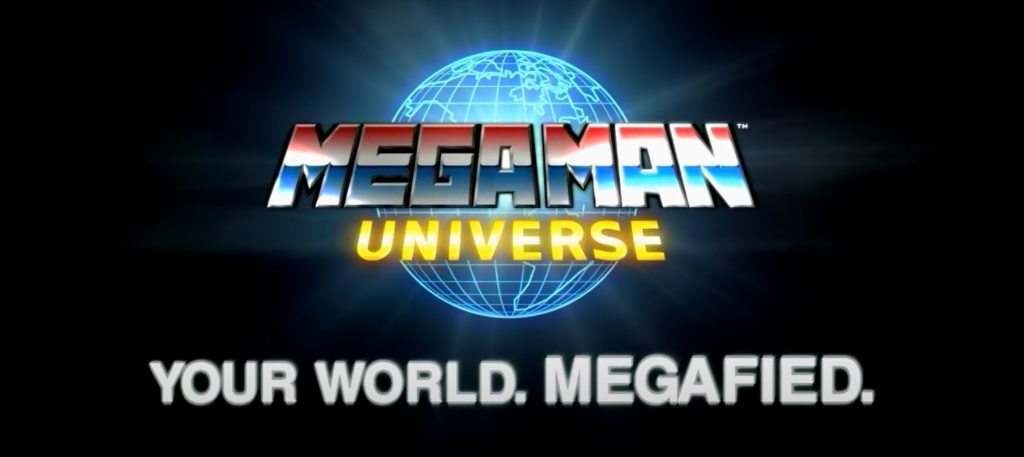
The Xbox 360 and PlayStation 3 era of gaming brought us a new world of high definition textures and huge polygon counts, but that never stopped the demand for a new Mega Man title - a hallmark of retro gaming. In 2010, Capcom released the trailer for Mega Man Universe.
The classic side scroller series was set to be adapted for (then) next gen consoles with 2.5D level design as well as a level builder option where the player could create platforms, obstacles and enemies to share with other players. This would have been perfect for the booming Xbox and PS3 live services.
To the developer's surprise, an NYCC demo event brought negative reception to its concept, leading to a total overhaul on the controls. The studio were also aiming for a 60fps standard in order to meet the precision required for a platforming game, but struggled to achieve it. In order to meet release date schedules and to maintain a steady budget, Capcom outsourced the online aspect of the game to a studio that had no real experience in doing so.
This concoction of logistical nightmares meant that in 2011, shortly after original studio lead Keiji Inafune left the company, Mega Man Universe was consigned to the history books. It is said that some ideas and assets were carried over to the Mega Man 2 remake for iOS, and the Mega Man franchise has enjoyed continued popularity to this day.
Check out some of Steam Store's very best platformers.


